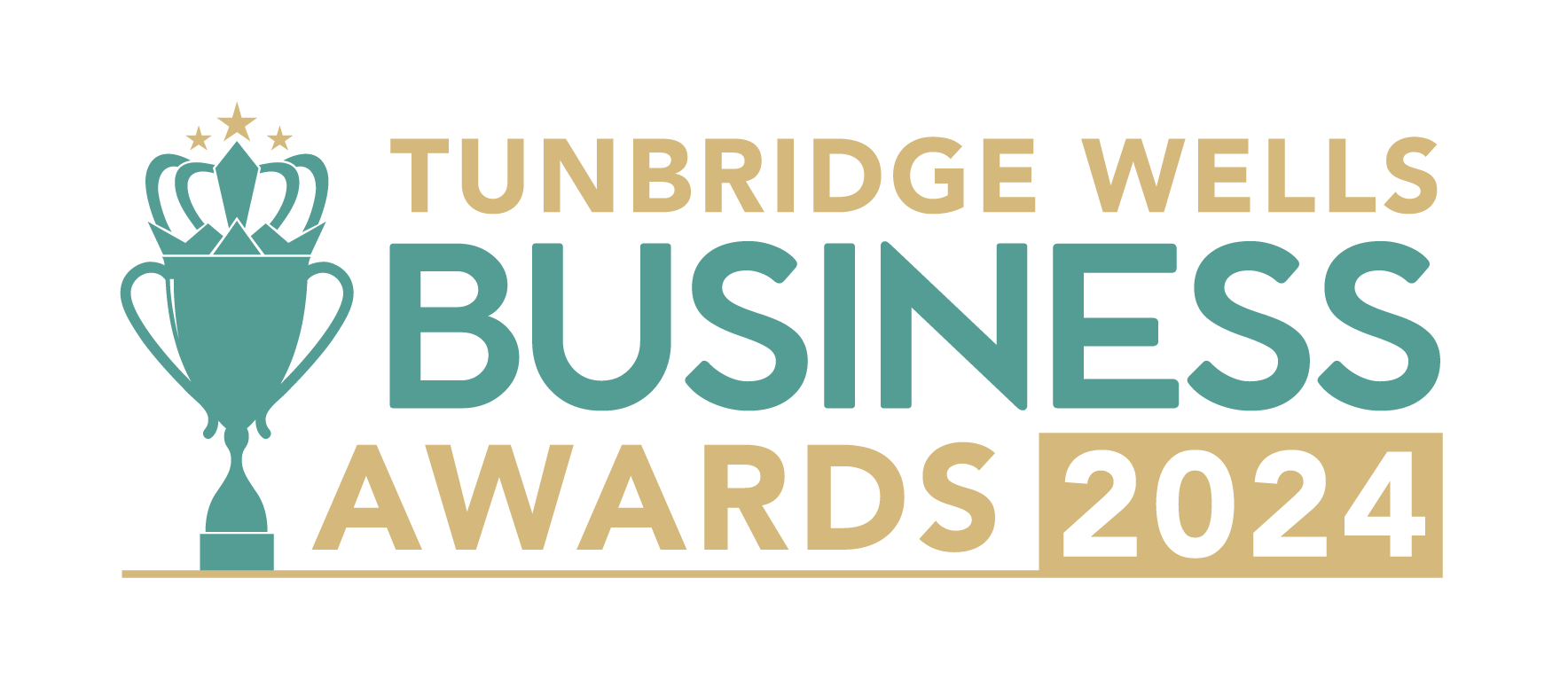The Sevenoaks District chamber of Commerce proudly sponsor the Ethical Business award at the 2024 Tunbridge Wells business awards, organised by The TN card.
Are you entering your business?
Why not?
Entering the Award is a great marketing opportunity to showcase how your business operates at a high level, not just at the customer focussed end but behind scenes too.
Through this series the Chamber unpicks the ethics of business for you to compare how your business achieves more than simply complying with current legislation.
A business is considered ethical when it consistently operates with integrity, treating everyone fairly and honestly while prioritizing the well-being of its employees, customers, and the community. This means being transparent about its practices, following the law, and making decisions that don’t just benefit the company but also have a positive impact on the environment and society. Ethical businesses focus on creating a respectful and inclusive workplace, supporting fair trade, and being accountable for their actions. Essentially, they strive to do good while running their operations, building a reputation that people can trust and admire.
Part 3
The Importance of Respect and Transparency in Business: Building a Foundation for Success
In an increasingly interconnected and fast-paced world, respect and transparency have emerged as crucial pillars for business success. These core values not only foster a positive organisational culture but also enhance relationships with stakeholders, drive operational efficiency, and contribute to long-term sustainability. In this blog, we’ll explore why respect and transparency are indispensable in business and how they can be effectively cultivated within an organisation.
The Role of Respect in Business
Respect is fundamental to creating a harmonious and productive workplace. It manifests in how employees interact with one another, how leaders engage with their teams, and how businesses address their customers and partners.
- Employee Engagement and Retention: Respect in the workplace leads to higher employee satisfaction and retention. When employees feel valued and heard, they are more likely to be engaged, motivated, and committed to their work. Respectful treatment fosters a positive work environment, reduces turnover, and attracts top talent.
- Enhanced Collaboration: A culture of respect encourages open communication and collaboration. When team members feel respected, they are more likely to share ideas, provide constructive feedback, and work together effectively. This collaborative spirit can lead to more innovative solutions and improved problem-solving.
- Conflict Resolution: Respectful interactions are crucial for resolving conflicts constructively. Addressing disagreements with empathy and understanding helps in finding mutually beneficial solutions and maintaining positive relationships. Respectful dialogue minimizes the potential for escalating conflicts and fosters a cooperative atmosphere.
- Customer Relationships: Respect extends beyond internal interactions to how businesses engage with customers. Treating customers with respect means valuing their feedback, addressing their concerns promptly, and ensuring their needs are met. This respectful approach builds trust, enhances customer loyalty, and strengthens brand reputation.
The Significance of Transparency in Business
Transparency involves openness and clarity in communication, decision-making, and operations. It is a key factor in building trust and credibility with all stakeholders.
- Building Trust: Transparency is vital for building and maintaining trust with employees, customers, and investors. When a business is open about its practices, policies, and performance, it demonstrates integrity and fosters confidence. Trust is essential for long-term relationships and can enhance a company’s reputation.
- Accountability: Transparent operations promote accountability by making it clear who is responsible for decisions and actions. This accountability helps in ensuring that ethical standards are upheld and that any issues or mistakes are addressed promptly. Transparent reporting and communication also contribute to a culture of responsibility and ethical behaviour.
- Informed Decision-Making: Transparency enables stakeholders to make informed decisions. When businesses provide clear and accurate information, stakeholders can assess risks, opportunities, and performance. For investors, transparent financial reporting is crucial for evaluating the viability and value of a business.
- Regulatory Compliance: Adhering to regulatory requirements is easier when transparency is a core value. Transparent practices help ensure that a business complies with laws and regulations, reducing the risk of legal issues and penalties. Transparency in environmental, social, and governance (ESG) reporting is increasingly important for meeting regulatory expectations and stakeholder demands.
Cultivating Respect and Transparency in Your Business
- Lead by Example: Leadership sets the tone for the organizational culture. Leaders who model respectful behaviour and transparent communication establish a standard for others to follow. Leading by example is one of the most effective ways to embed these values into the company culture.
- Implement Clear Policies: Develop and communicate policies that promote respect and transparency. This may include codes of conduct, anti-discrimination policies, and guidelines for open communication. Ensure that these policies are consistently enforced and regularly reviewed.
- Encourage Open Communication: Create channels for open and honest communication. Encourage feedback, listen to employee concerns, and address issues transparently. Regularly update employees on company developments, performance, and changes to build a culture of openness.
- Provide Training and Development: Offer training programs that emphasize the importance of respect and transparency. Provide resources and support for employees to understand and practice these values in their daily work. Training can help reinforce desired behaviours and improve overall organizational culture.
- Promote Inclusivity: Respect involves valuing diversity and fostering an inclusive environment. Implement practices that promote diversity and inclusion, ensure that all voices are heard, and address any biases or discrimination. An inclusive workplace is one where respect and transparency can thrive.
- Be Transparent About Challenges: Transparency involves not only sharing successes but also being open about challenges and setbacks. When businesses are honest about difficulties and how they are being addressed, they build credibility and trust with stakeholders.
- Measure and Assess: Regularly assess how well respect and transparency are being practiced within your organisation. Use surveys, feedback mechanisms, and performance metrics to evaluate the effectiveness of your efforts and identify areas for improvement.
Conclusion
Respect and transparency are not just idealistic concepts; they are essential components of a successful and sustainable business. By fostering a culture of respect and practicing transparency, businesses can build strong relationships, enhance their reputation, and achieve long-term success. Embracing these values creates a positive work environment, strengthens stakeholder trust, and positions a company as a leader in ethical and responsible business practices. In today’s competitive and interconnected world, the benefits of respecting and being transparent are not just ethical – they are strategically advantageous.
ETHICAL BUSINESS OF THE YEAR: Are you a business that can demonstrate their commitment to ethical practices? We would love to hear about your implementation of business practice and that not only reduces your environmental impact but makes a difference to people and our community.
Please complete this entry form before 9th October in order to be considered for this award. Your businesses must be registered in the borough of Tunbridge Wells.


